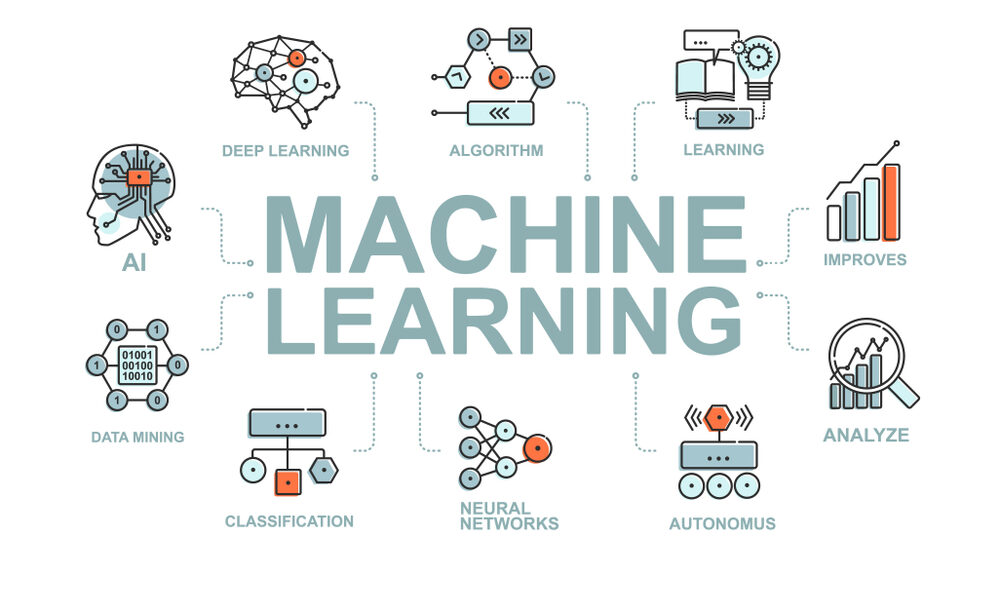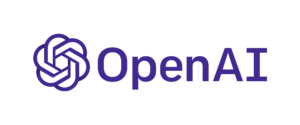Machine learning is a subfield of artificial intelligence (AI) that enables computers to learn and improve from data analysis without explicit programming. It is a discipline of AI that provides machines the ability to learn from data and adapt to new situations, making it particularly useful for tasks involving complex decision-making and dynamic environments. Machine learning algorithms are trained on historical data and then used to make predictions on new data, enabling software applications to improve their performance over time.

Machine learning is widely applicable across various industries, including e-commerce, social media, news organizations, self-driving cars, healthcare, fraud detection, spam filtering, malware threat detection, predictive maintenance, and business process automation. It is used in recommendation engines, autonomous vehicles, medical imaging and diagnostics, and chatbots, among other applications.
There are different types of machine learning algorithms, such as supervised learning, unsupervised learning, semi-supervised learning, and reinforcement learning. Each type has its own set of techniques and applications. For example, supervised learning algorithms are used for predicting a continuous value or categorizing data points, while unsupervised learning algorithms are used for clustering and dimensionality reduction.

Machine learning has become an essential tool for many businesses and industries, enabling them to make better use of data, improve their decision-making processes, and deliver more personalized experiences to their customers. However, machine learning is also a complex and challenging technology, requiring deep expertise and significant resources. Choosing the right algorithm for a task calls for a strong grasp of mathematics and statistics. Training machine learning algorithms often involves large amounts of good quality data to produce accurate results. The results themselves can be difficult to understand, particularly the outcomes produced by complex algorithms, such as deep learning neural networks. And ML models can be costly to run and tune.
Despite these challenges, machine learning is expected to continue playing a central transforming role in various domains, from natural language processing to computer vision, software engineering, and healthcare. In the near term, machine learning platforms are among enterprise technology’s most competitive realms, with major vendors racing to sign customers up for automated machine learning platform services that cover the spectrum of ML, including data collection, data preparation, data classification, model building, training, and application deployment.
What are some examples of machine learning applications.
Some examples of machine learning applications include:
- Image Recognition: Used to identify objects, persons, places, and digital images, such as Facebook’s auto friend tagging suggestion.
- Speech Recognition: Converts voice instructions into text, seen in systems like Google and virtual assistants.
- Traffic Prediction: Predicts traffic conditions and suggests the shortest route, as seen in Google Maps.
- Product Recommendations: Widely used by e-commerce and entertainment companies like Google and Netflix.
- Self-Driving Cars: Machine learning plays a significant role in autonomous vehicles, with Tesla using unsupervised learning.
- Email Spam and Malware Filtering: Automatically filters emails as important, normal, or spam, such as Gmail’s spam filters.
- Virtual Personal Assistant: Utilized by virtual assistants like Siri and Alexa to record voice instructions and act accordingly.
- Online Fraud Detection: Enhances online transaction security by detecting fraudulent activities.
- Stock Market Trading: Used to predict stock market trends and optimize trading strategies.
- Medical Diagnosis: Aids in disease diagnoses and medical imaging for accurate predictions.
- Automatic Language Translation: Translates text into different languages, like Google’s GNMT for automatic translation.
These applications showcase the diverse and impactful uses of machine learning across various industries, from healthcare and finance to transportation and entertainment.








